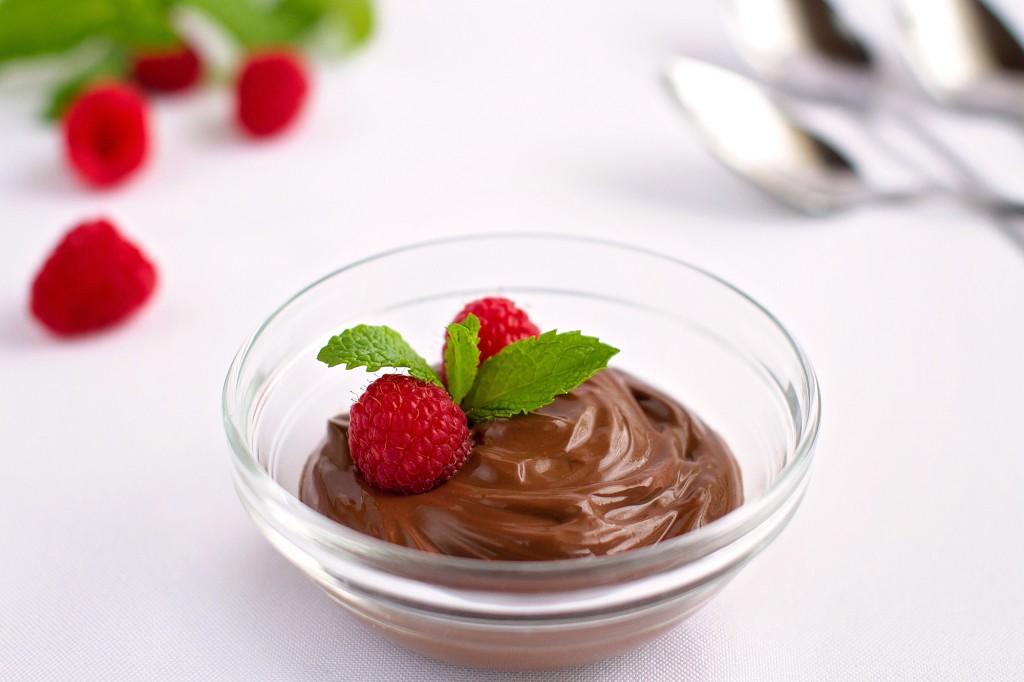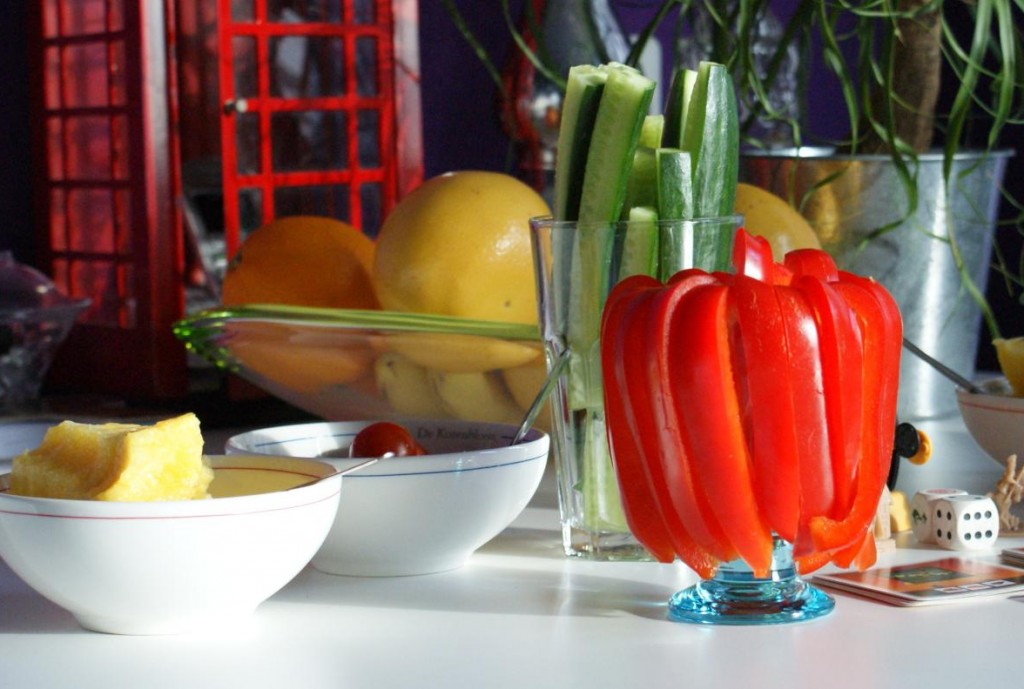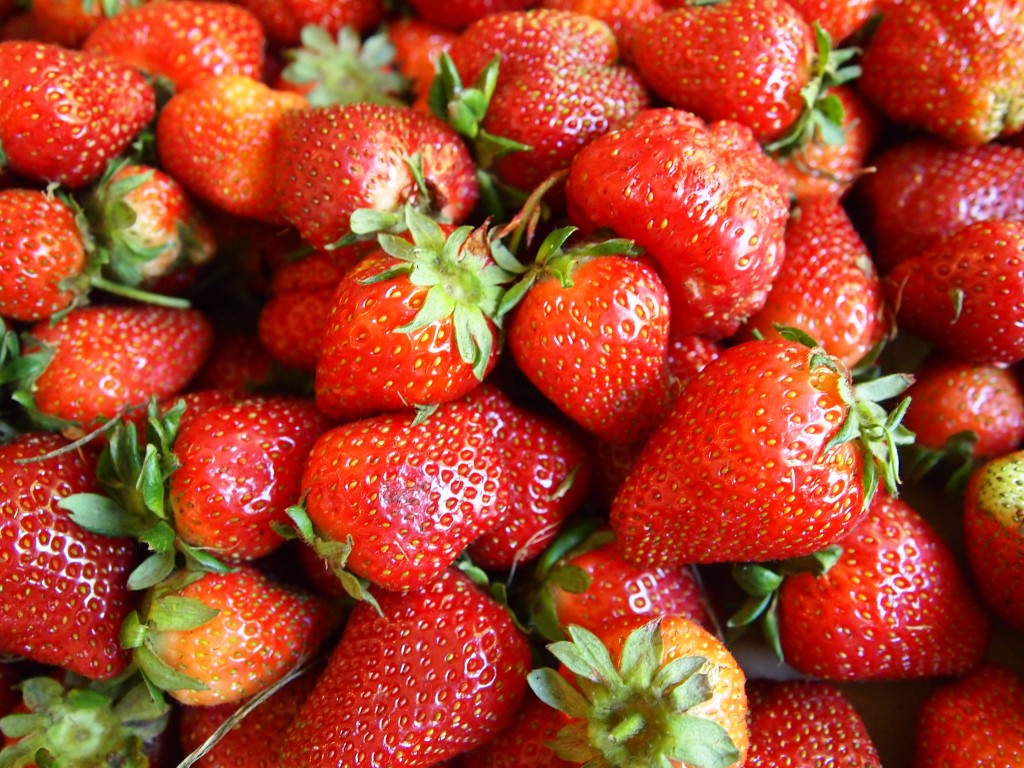
A Quick Guide to Heart-Healthy Snacking
Photo Credit: Kevin, via Flickr Creative Commons
By pacing your eating throughout the day, you can make a positive impact on your health in many ways. Increasing eating frequency by eating small meals and simple, heart healthy snacks has been shown to decrease risk of atherosclerosis, along with being an excellent strategy for managing weight, blood sugars, triglycerides and sustaining balanced energy levels into the evening. Overall, healthy snacking is good health care management.
Creating balanced snacks is key to achieving your health management goals.
Weight Management
Hunger management leads to weight management. When we eat small, healthy, balanced snacks between meals, it prevents hunger and keeps cravings and mindless, ravenous eating at bay. It also encourages small portions at meals, which often provides just enough calories to meet our needs without overloading our body with more calories than needed at one time, which often leads to weight gain. Eating a little less than we may need at a time and staying active helps to promotes weight loss by tapping into our body’s fat reserves for fuel. Research shows that use of fat reserves is more effective when the metabolism remains active by eating frequent meals throughout the day.
Blood Sugar Management
A balanced approach to eating with small healthy snacks allows our blood sugar to gently rise and fall throughout the day. It’s more akin to gentle waves than a roller-coaster effect of high and low blood sugar that occurs from a larger meal with long periods between meals. This also plays an impact on insulin levels, as we don’t need the surge of insulin after a big meal. With small, balanced meals and snacks, we only require a small amount of insulin to effectively manage our blood sugars.
Triglycerides Management
Triglycerides are a type of fat that are carried in the blood and stored in our fat cells. When you eat, your body converts the excess calories it doesn’t need into triglycerides. They are affected by intake of saturated fat, alcohol, simple carbohydrates, sugar and too many calories. One strategy for triglyceride management is eating smaller meals and snacks throughout the day with a balance of plant protein and complex carbohydrates. This successful strategy works by similar principles described for blood sugar and weight management.
Energy Management
Just as a car runs on fuel, our body runs on fuel from our food intake. If we don’t keep our car filled with gasoline, the fuel runs out and the car stops. It is similar with our bodies; we need fuel for energy and if we don’t eat often to supply our bodies and brains with the fuel and nutrients we need, our energy runs low, we feel tired, irritated, and our concentration and focus becomes more limited. These are all signs that we need high-quality fuel to meet our needs.
Brain Management
Our brains’ primary fuel source is glucose, so if we don’t maintain an adequate supply from our intake, we will start breaking down protein from our skeletal muscle and fats to get this essential fuel for our brains. This sounds like a great strategy for weight loss; however, it is very deceptive because we cannot direct which stores are being used. We can’t say “please just take it from the excess fat stores” because it will break down skeletal muscles if the demand is too high for too long. The choices you make, therefore, can either sabotage or optimize your health. Establishing healthy snacks can be simple, but it takes some planning and awareness of good health-promoting options, along with a few simple strategies to improve your health and well-being.
Five Keys to Healthy Snacking:
1. Plan
Planning is essential for healthy snacking, especially in the beginning. Once healthy snacks are part of your routine, they become more intuitive. Overtime, you will begin to naturally reach for an apple instead of a cookie, grab some carrot sticks and hummus instead of a bag of chips for your afternoon snack, and enjoy an evening snack of creamy nonfat yogurt filled with fresh juicy berries instead of a bowl of ice cream. Start trying some new snacks such as our Hummus.
2. Balance
Creating balanced snacks is key to best achieve your health management goals. An ideal balance provides a combination of high-fiber complex carbohydrates with good sources of plant protein and the naturally occurring fats that come from those.
3. Moderation
A snack is smaller than a meal, so keeping a snack between 100-250 calories, depending on your calorie needs and health goals, would be considered a moderate amount of calories to contribute to a snack. However, for weight loss, keeping snacks at 100 calories or less can help to stay within your daily calorie goal, depending on your individual calorie needs.
5. Nutrient Dense
Choose snacks that are nutrient dense, not calorie dense. Produce is an excellent choice for a healthy snack and a great strategy to get your seven or more servings of produce a day. Produce is not only rich in health promoting nutrients, but has high water content and fiber, therefore offering maximum nutrient density with minimum calories. This nutrient: calorie ratio makes produce ideal for a snack because it packs in all the health promoting benefits of vitamins, mineral, antioxidants and phytochemicals.
5. Mindfulness
Awareness is the first step in making healthy choices. When we are mindful, we are present and aware. We enter a danger zone when we begin to disconnect and lose awareness of the moment and ourselves. It can quickly lead to mindless eating, which can be a diet disaster. Before we know it, that healthy snack went from one apple to a whole bag of chips.
6. Timing
By planning and mindfully making healthy choices for simple nutrient dense snacks between meals, we are less likely to snack into the evening. Evening snacking has been shown to promote weight gain and increase LDL cholesterol.
Some of our favorite Ornish snacks:
- Edamole
- Hummus
- Green Smoothie with Pineapple and Mint
- Creamy Pesto Dip with Vegetables
- Seasonal Fruit Parfait
What are some of your strategies for healthy snacking?







